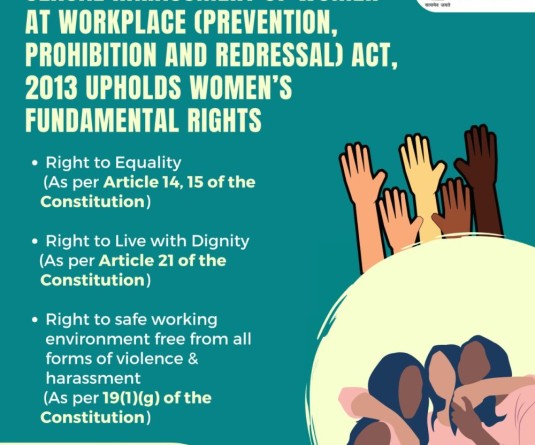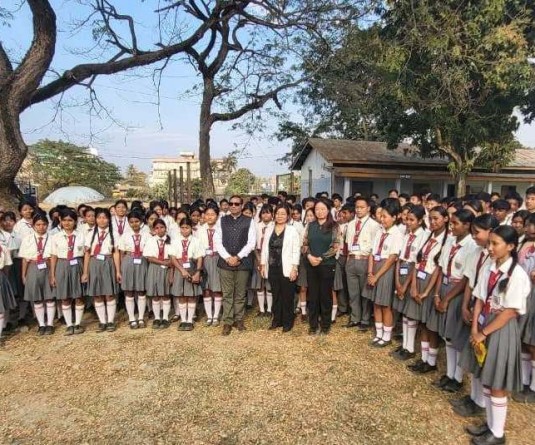Attendees during the inaugural programme of the “Golden Jubilee (1974-2024) of KVK” under the theme "Krishi Swarna Samriddhi Week" at ICAR-KVK Phek, Porba on December 2. (Image Courtesy: KVK Phek)
 (1).jpg)
Phek, December 3 (MExN): The ICAR-Krishi Vigyan Kendra (KVK), Phek, in partnership with ICAR-NRC on Mithun and ICAR-ATARI Zone-VIII, Umiam, is celebrating the “Golden Jubilee (1974-2024) of KVK” under the theme "Krishi Swarna Samriddhi Week" from December 2–6, 2024.
The celebration commenced on December 2 at ICAR-KVK Phek, Porba, with a ‘Kisan Gosti-cum Input Distribution Programme,’ during which Dr. Sanjeev Kumar Singh, Senior Scientist and Head, KVK-Phek, presented a brief history of the KVK's establishment and its impact on Indian agriculture.
The event was graced, among others, by Dr Sujay Rakshit, Director, ICAR-Indian Institute of Agricultural Biotechnology, Ranchi; Dr MK Verma, Director, ICAR-Central Institute of Temperate Horticulture; Dr AK. Mishra, Principal Scientist, International Relations, ICAR, New Delhi; and Dr Nishant Deshmukh, Senior Scientist, ICAR-National Research Centre for Grapes, Pune.
According to a KVK Phek release, the event also featured various lectures addressing crucial agricultural topics such as maize cultivation, horticultural development, crop germplasm conservation, and grape cultivation.
Dr Rakshit discussed the challenges and solutions related to maize for livelihood security, while Dr Verma highlighted opportunities in horticulture, focusing on low-chill varieties and strategies for higher productivity in Nagaland.
Dr Mishra underscored the importance of farmers' participation in the collection and conservation of crop germplasm, while Dr Deshmukh explored the potential for grape cultivation to enhance economic growth among farmers in the North-East region.
The event also included the distribution of various inputs to farmers and concluded with an interactive farmer-scientist session, the release stated. Additionally, an exhibition showcasing traditional varieties of agricultural and horticultural crops and their significance was organized.
More than 80 farmers participated in the inaugural programme.






